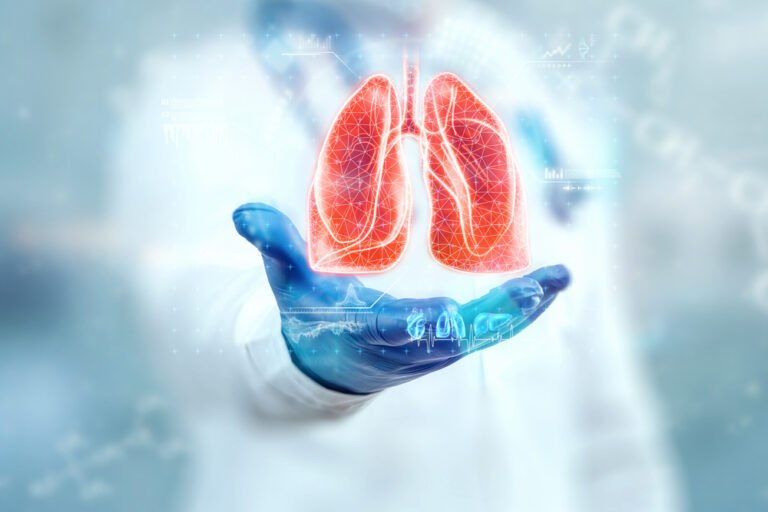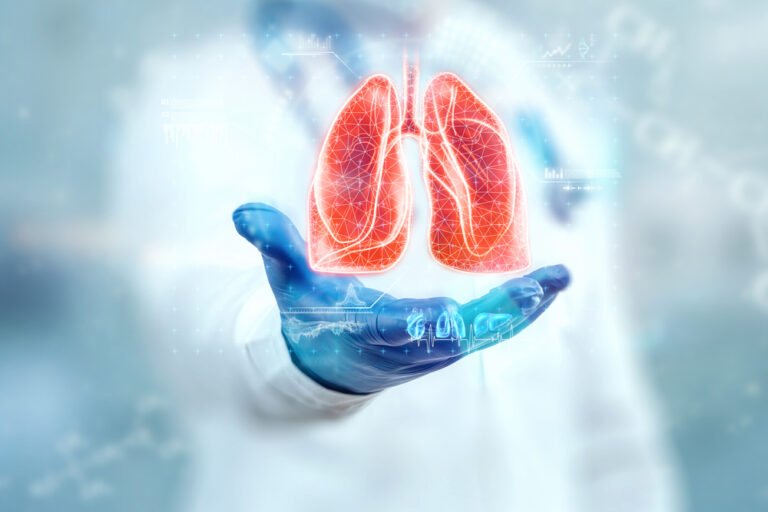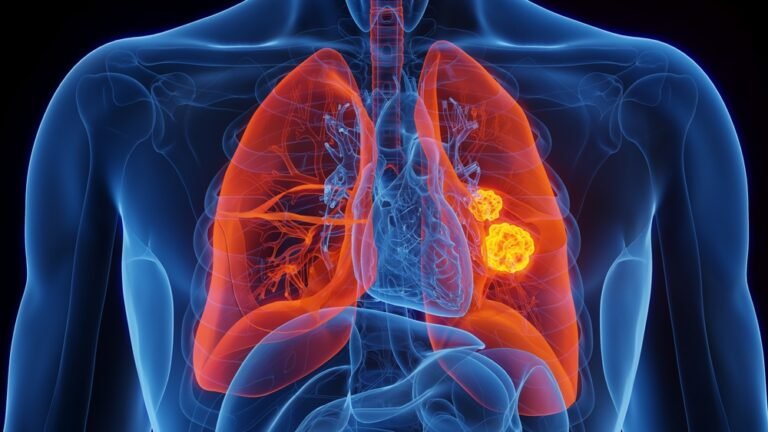Asthma is a chronic respiratory condition that can affect individuals of all ages, including young children.
Understanding asthma symptoms in infants
Asthma is a chronic respiratory condition that can affect individuals of all ages, including young children. However, recognizing the signs and symptoms of asthma in infants and preschoolers can be particularly challenging, as the presentation may differ from older children and adults. It is important for parents and caregivers to be aware of the early indicators of potential asthma in this younger age group in order to seek timely medical evaluation and appropriate management.
Signs and symptoms of asthma in infants and children less than 5 years of age
There are few signs that parents should look for in asthma in infants and kids less than 5 years of age.
- Cough:
- Recurrent or persistent dry cough, often worse at night
- The cough may start with laughing, crying, or exposure to triggers like dust, smoke, or perfumes
- It is important to note that the cough is not associated with a respiratory infection
- Wheezing:
- A whistling or high-pitched sound heard while breathing
- Wheezing can occur during sleep, physical activity, laughing, crying, or when exposed to triggers
- The presence of wheezing is a hallmark sign of asthma in young children
- Difficulty breathing:
- Labored, heavy breathing or shortness of breath
- These symptoms are typically triggered by physical activity, laughing, or crying
- Reduced activity:
- The child may be less active or energetic compared to other children of the same age
- They may tire more easily and request to be carried during walks
Risks and Causes of Asthma in infants
Regarding the causes and risk factors:
- Family history:
- Having a first-degree relative (parent, sibling) with asthma significantly increases the child’s risk of developing asthma
- Allergies:
- A personal history of food allergies or skin allergies (eczema) can predispose a child to developing asthma
- Response to steroids:
- If the child experiences improvement in symptoms when given steroid medication, and then the symptoms return when the steroids are stopped, it may be a sign of asthma
The key is to look for the combination of these symptoms, especially the presence of cough, wheeze, and reduced activity levels. If these signs are present, it’s important for parents to seek medical evaluation and potential asthma diagnosis for their young child.









